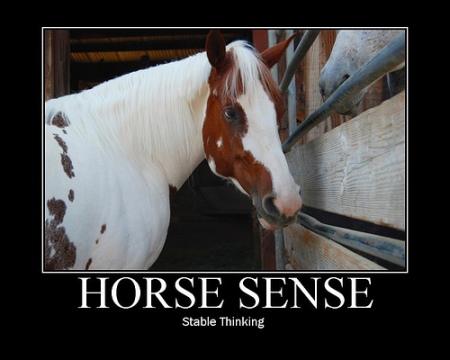… much simpler!
Intriguing Ideas
As much as I struggled with some of the ideas presented in this course, there were many ideas that I wouldn’t have thought of on my own and I’m glad they came up. The importance of social media (blog 4); the role of the teacher of the future in teaching of, the tools for, and responsible use, promotion and filtering of online learning (blogs 5, 6, 10, 12, 17) all have had an impact on the way I view learning online. The discussion on filtering in this class has really opened my eyes to some of the issues and implicit messages we send in our schools by filtering what our learners view.
I really appreciated the open education lecture and the exposure to the Creative Commons. Now I can find media to use in my presentations without violating copyright laws. By choosing the appropriate filter in Flickr of Google Images, it is very simple to find a wealth of images.
Professional Practice
Now for the big question, how will all of this effect my professional practice? Well, to answer bluntly, as much as I’m allowed to under the conditions I work under and my classroom setting. I became more aware of my “old school” teaching habits after last weeks class on the power of sharing given by Dean Shareski (Blog 17). I know I will be implementing many more activities in which my learners will be working together or at least sharing their work, thoughts and opinions – whether we are online, or just in the classroom setting. After our session on LOLcats by Stephen Downes, I will also monitor how much I am focusing my instruction on tools and content and make sure to include to importance and/or the context of the material we are exploring (Blog 16). I will become an advocate for less filtering and guide my learners in discovering appropriate use of social media and the net, how this may change depending on the situational context and what personal responsibility they have (blog 12). I have a small advantage over some here – I teach in an adult educational setting so our access to the net is not filtered quite as heavily as a regular school system’s would be. However, this can cause additional problems because adults are used to doing, and viewing, whatever they want when they want. It does make for interesting discoveries (and discussions) on occasion… J. I have become more tolerant of facebook – but not during class time (unless we do a class project). I think the biggest change for me is the new awareness of the tools available on the net, the opportunities for learning provided by social media and the value of open education. I must admit I was sceptical when I started this course, but I seem to have been able to overcome many of my concerns. I feel I have participated in this class more fully than I have with any other class I have taken as part of my post-graduate work. As I mentioned above, the learning curve was steep, but as the class moved (raced) along, I became more and more comfortable with the tools, concepts, and that pesky idea of sharing… Not bad for an old introvert if I do say so myself.
So long and thanks for all the fish….
“Give a man a fish and you feed him for a day. Teach a man to fish and you feed him for a lifetime.” Chinese proverb. – The International Thesaurus of Quotations, ed. Rhoda Thomas Tripp, p. 76, no. 3 (1970).
To Alec, Bettina, and all my classmates – thanks for a great learning experience and all you have taught me! This class will have a lasting and continuing effect on both my personal and professional lives. I’m sure I’ll run into you online on occasion, and hope we can all collaborate to improve the use of social media and open education within our schools.
Take care!
Greg
Note: I tried to create clip marks for the reference links to my blog entries in my post, but I experienced MUCH technical difficulty. So, instead of launching my system onto the lawn, I thought it more productive to link to the entire post instead of cutting and pasting all of the relevant material (and you though this post was long…J). My apologies.











